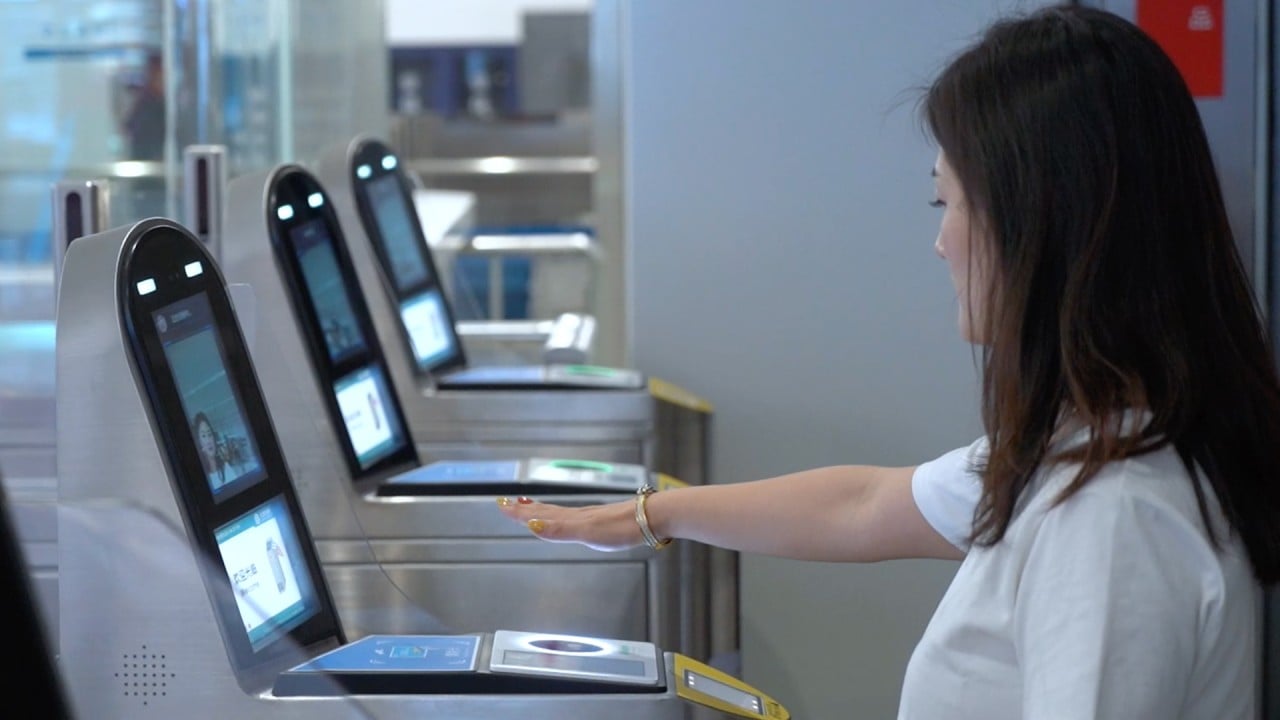In August last year, the startup signed an agreement with HSBC to explore a partnership in Malaysia that would enable WeLab to provide technology support to the bank's Malaysian branch.
The group's new digital bank in Indonesia, Bank Saqu, has attracted 1 million users since its launch in November.
Loong said the group currently serves 1.7 million customers across Indonesia, Hong Kong and mainland China.
“More than 60 percent of Bank Saku's customers are individuals who are entrepreneurs. Many young people in these countries take up part-time jobs such as food delivery, online retail and on-demand driving services,” Loong said. “They need digital banking services to manage their online payments and many of their banking transactions.”
He believes Saku, which means “pocket” in the local language, can continue to serve more than 200 million Indonesians in the long term.
Co-founded by Loong in 2013, WeLab is a homegrown unicorn that has rapidly expanded its digital banking and online lending services across Hong Kong, mainland China and Indonesia.
The company has raised early investment from investors including businessman Li Ka-shing's TOM Group, ING Bank, Sequoia Capital and Allianz Group's digital investment arm.
Chan Ka-keung, Hong Kong's former financial services and financial secretary and chairman of WeLab Bank, said WeLab's success was a testament to the development of fintech in Hong Kong.
“Hong Kong was the first in Asia to introduce digital banking. The successful launch of Hong Kong's eight virtual banks has encouraged other Southeast Asian countries to also plan to issue their own digital banking licences,” Chan said.
The Hong Kong Monetary Authority issued eight virtual bank licenses in 2019 to inject innovation and competition into the industry. These banks began operating the following year and are not allowed to have physical branches.
According to the Hong Kong Monetary Authority, virtual banks had a total of 2.2 million customers last year, up 20% from 2022. To boost trust, the authority plans to rename virtual banks “licensed digital banks.”
“Hong Kong has been successful in promoting fintech and digital banking because the government, regulators and industry players have worked together to introduce new policies to promote the sector,” Chan said.
WeLab applied for a Hong Kong listing in July 2018 but shelved the plans due to market volatility, and Loong doesn't plan to try again in the near future.
“We would like to wait until the IPO market improves further and consider it once WeLab has grown further,” he said.


